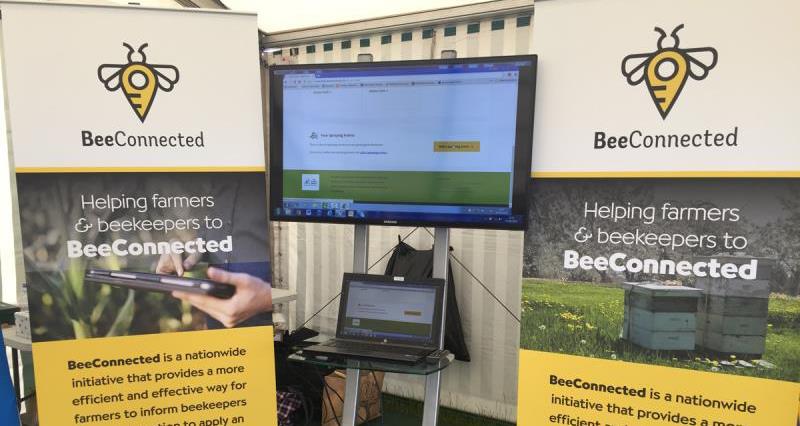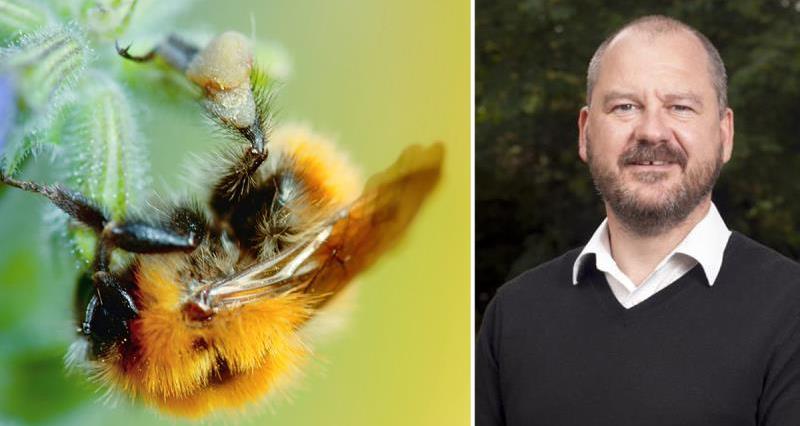It’s the European Week of Bees and Pollination. Understanding the valuable services pollinators provide, discussions are being held in the European Parliament this week focussing on what Europeans are doing for bees...
Back across the channel at Cereals 2016, visitors will be hearing some answers and more specifically will hear what farmers are doing for bees here in the UK.
On the NFU stand, one of the topics being discussed is the role of Campaign for the Farmed Environment and Countryside Stewardship in environmental delivery alongside productive farming.
Farmers understand the importance of pollinators, and they are doing more than any other group to help provide for bees.
With the help of the CFE farmers have voluntarily provided over 21,000 acres of floral habitat for pollinators. In 2015 a further 19,000 hectares were put aside for the same thing under agri-environment schemes. These vast areas provide the food and resources on farmland that bee populations need to thrive, and in turn help tackle the key challenge facing ‘wild’ pollinators - habitat loss.
Visitors will also be hearing about how seriously farmers are taking their responsibilities around pesticide use, to demonstrate best practice and the high levels of professionalism within the industry.

Elsewhere at the show the Crop Protection Association will be demonstrating its new website for farmers and beekeepers – BeeConnected - which is supported by the Voluntary Initiative, and was developed in discussion with beekeeping organisations and the NFU.
BeeConnected basically provides a more efficient and effective way for farmers (and spray operators) to inform beekeepers that they are planning to use an insecticide spray in the vicinity of the beekeepers hives. This notification of beekeepers is already required under the pesticides Code of Practice – the BeeConnected website is simply a tool farmers can choose to use to make this job easier, and help enable better communication between with their local beekeepers.
BeeConnected will be on display at the NRoSO stand (stand 103), where farmers and spray operators will be encouraged to register to use the website when it launches in September.
